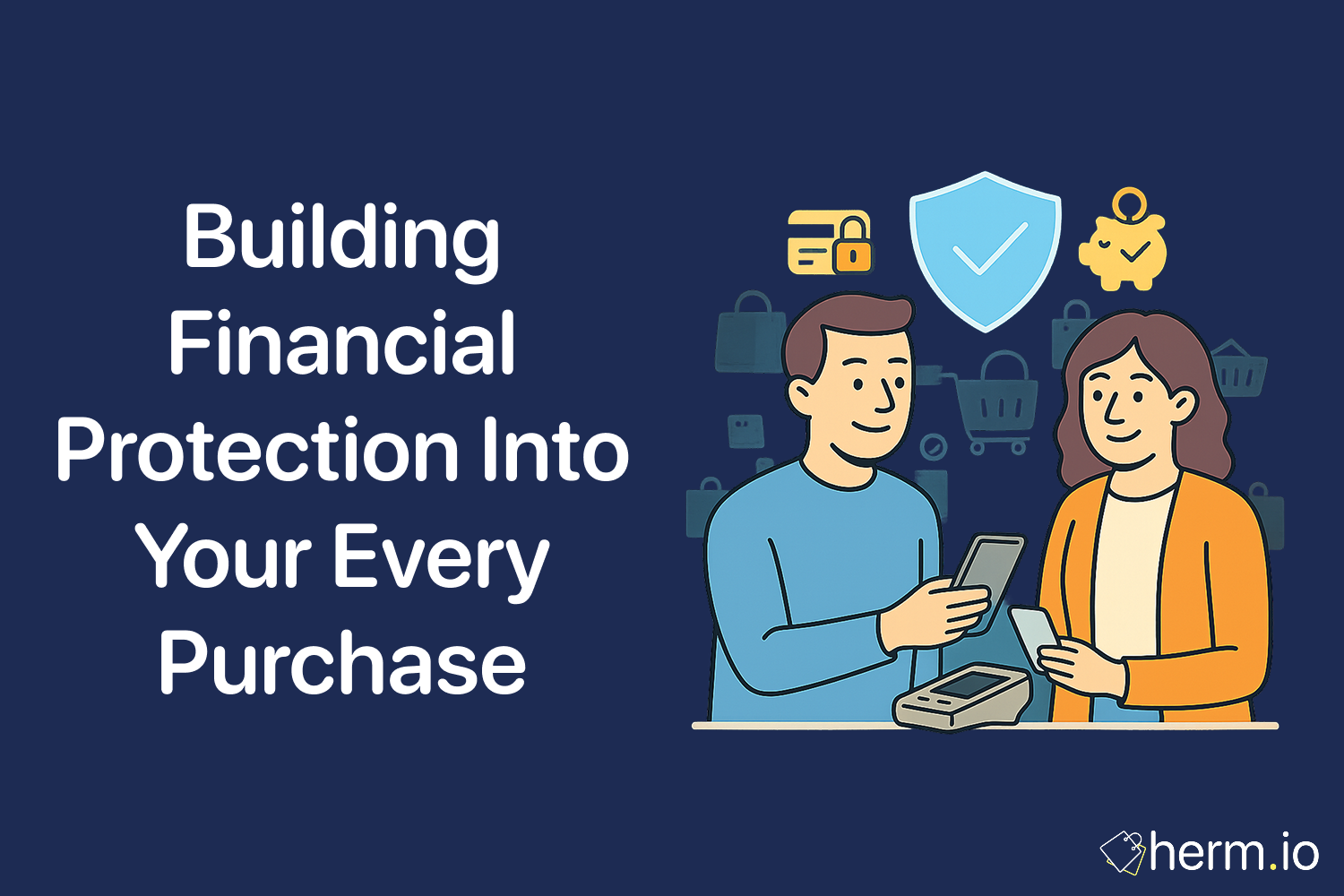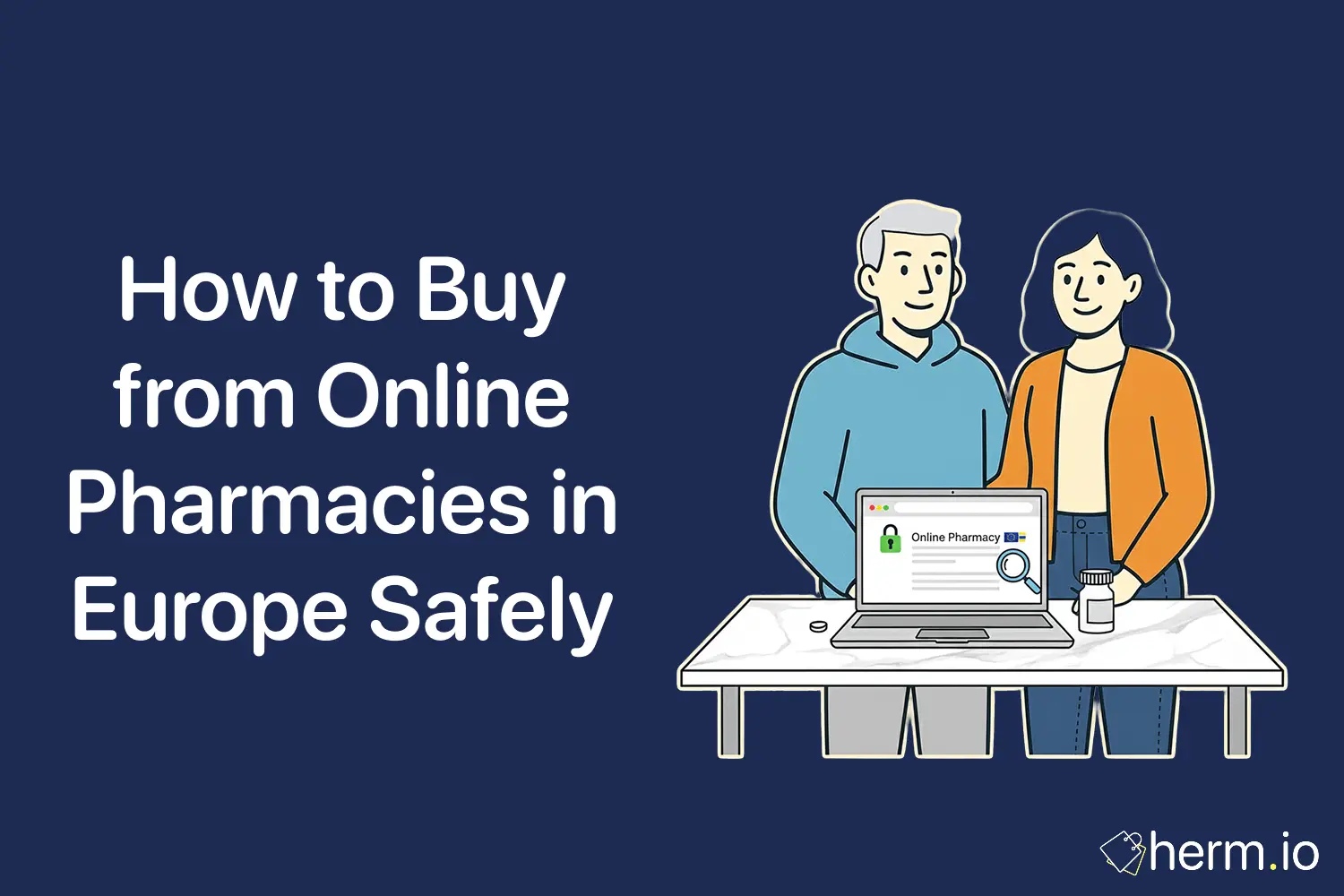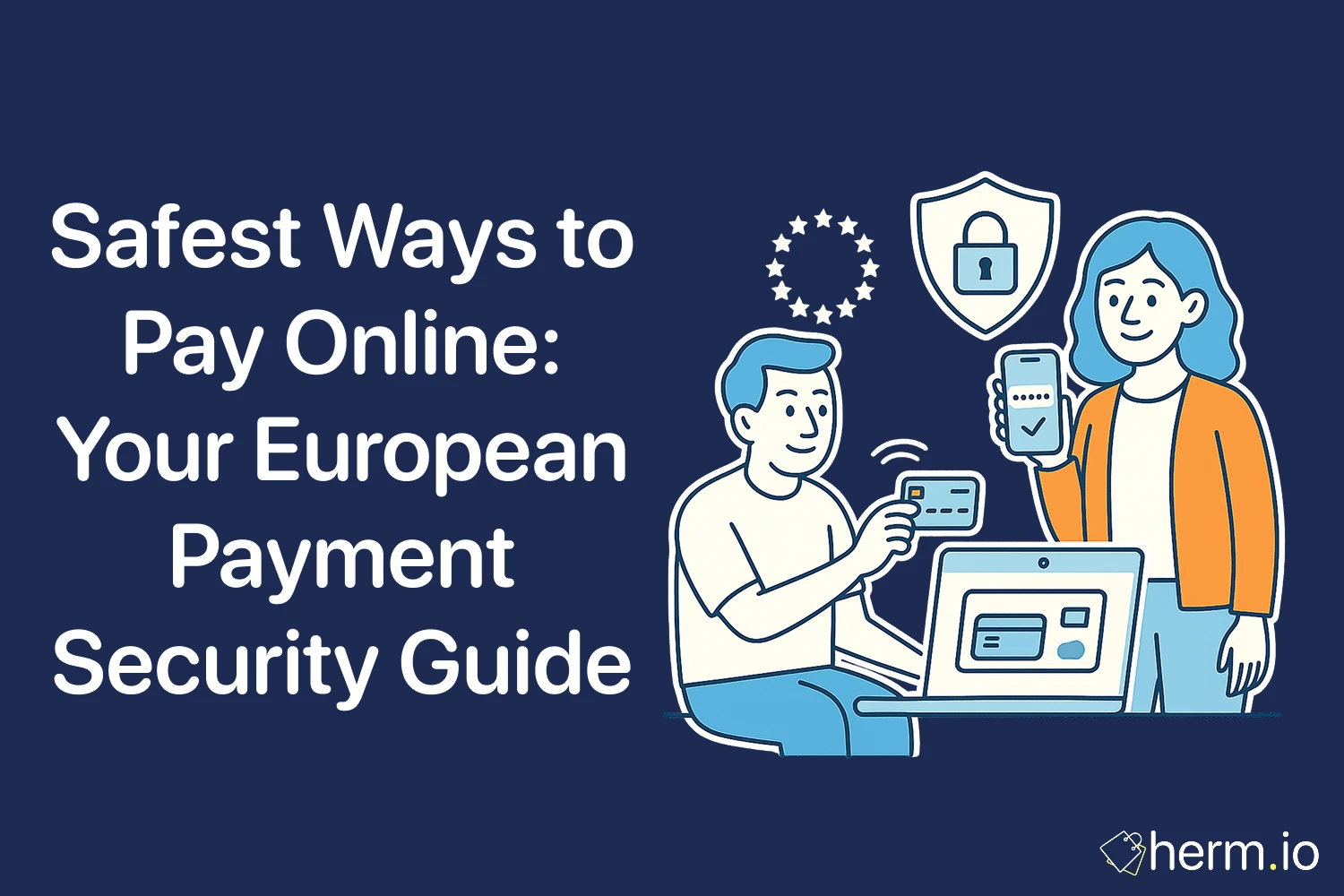
Picture this: you've just clicked "buy now" on that perfect winter coat, only to discover it looks nothing like the photos when it arrives. Your heart sinks as you wonder whether you're stuck with an expensive mistake. From a security perspective, this scenario highlights exactly why understanding your shopping rights isn't just helpful—it's essential armour for every European consumer.
Building resilient shopping habits requires understanding the legal framework that protects you. Whether you're buying from a small boutique in Berlin or a major retailer shipping across the continent, specific consumer protections act as your financial safety net. These aren't just bureaucratic rules; they're your guarantee that online shopping doesn't have to be a gamble.
Quick Wins: Your Shopping Rights Checklist
- 14-day cooling-off period: Return almost any online purchase within two weeks, no questions asked
- Clear exceptions exist: Know which products can't be returned to avoid disappointment
- Seller pays standard shipping refunds: You're entitled to get original delivery costs back
- Return shipping varies: Check who pays before you buy to budget accordingly
- Documentation matters: Keep records of every purchase and return for protection
The 14-Day Rule: Your Financial Safety Mechanism
From a security perspective, the EU Consumer Rights Directive functions like a built-in insurance policy for online purchases. Every shopper gets 14 calendar days to inspect their purchase thoroughly—think of it as creating digital armour against buyer's remorse and misleading product descriptions.
The clock starts ticking the day after you receive your goods, not when you place the order. This distinction protects you during shipping delays and gives you proper time to assess your purchase. You must notify the seller within these 14 days (email, online form, or post all work), then you have another 14 days to return the item.
Here's what makes this system particularly robust: sellers cannot require you to explain why you're returning the item. Whether it doesn't fit, looks different than expected, or you simply changed your mind, your right to return remains protected. The seller must refund both the item cost and standard delivery charges—no exceptions.
Smart Implementation Strategy
Building resilient shopping habits requires documenting everything. Screenshot product descriptions, save confirmation emails, and photograph items when they arrive. This creates an evidence trail that protects you if disputes arise. Many successful returners use their phone to record unboxing videos—it's like creating digital armour against "item not as described" disputes.
Understanding the Boundaries: What Cannot Be Returned
Security-minded shopping means knowing exactly where your protections end. The directive includes specific exclusions that every shopper should memorise:
Perishable goods like food and flowers lose their return protection once delivered. Personalised items—anything made to your specifications like engraved jewellery or custom furniture—cannot be returned since they're unsellable to others.
Sealed items lose protection once opened. Software, DVDs, and audio recordings fall into this category. Digital downloads become non-returnable the moment you start the download or stream. Hygiene-sensitive products like cosmetics, underwear, and swimwear cannot be returned once you've broken their seals.
From a security perspective, retailers must clearly communicate these exceptions before purchase. If they don't, you gain additional protection. Always check the returns policy during checkout—it's your first line of defence against future complications.
Building Country-Specific Knowledge
While EU-wide protections create your foundation, individual countries add extra layers of security. Understanding these variations helps you shop strategically across borders.
Germany leads in consumer protection, with many retailers offering 30 to 100-day return windows. UK retailers (post-Brexit) often maintain 28-day policies to stay competitive. Nordic countries excel at streamlined returns, frequently including prepaid labels and instant refund processing.
Think of it as creating digital armour that gets stronger as you cross borders. When shopping from multiple EU countries, the most generous policy typically applies. Savvy security-conscious shoppers often choose retailers known for extended return periods as an extra protection layer.
Financial Protection: Understanding Shipping Costs
Building resilient shopping habits requires understanding exactly what you'll pay if returns become necessary. EU law mandates that sellers refund standard delivery costs when you return under the cooling-off period. However, they can require you to pay return shipping—provided this cost appears clearly before purchase.
Most security-conscious shoppers factor return shipping into their purchasing decisions. If return costs seem excessive relative to the item price, consider it a red flag. Some retailers use high return shipping costs to discourage returns, effectively weakening your consumer protection.
Best practice for financial security: Calculate the total cost including potential return shipping before buying. If a £20 item costs £15 to return, you're risking nearly double the purchase price. Smart shoppers often set return shipping limits (such as no more than 15% of item value) to maintain financial control.
Managing Disputes and Late Returns
From a security perspective, knowing how to handle complications strengthens your overall shopping protection. Sometimes you'll miss the return window, or sellers will dispute your return request. Building resilient shopping habits means preparing for these scenarios.
Document everything immediately. If you contact a seller about a return, keep records of every interaction. Email works best because it creates a timestamp trail. If they request photos of damaged items, comply quickly—delays weaken your position.
Know your escalation options. EU Online Dispute Resolution platforms exist for unresolved cases. Most disputes resolve faster when you demonstrate clear knowledge of your rights and maintain professional communication.
Late returns require strategy. While sellers aren't legally obligated to accept returns after the deadline, many will as a goodwill gesture. Contact them promptly, explain your situation clearly, and propose reasonable solutions. Think of it as creating digital armour through relationship building rather than legal demands.
Advanced Protection Strategies
Security-minded shoppers implement additional protection layers beyond basic legal rights. Consider setting up automatic calendar reminders for return deadlines—particularly useful during busy shopping periods when purchases pile up.
Many experienced returners photograph items both when they arrive and when they repack for return. This documentation protects against claims that you damaged items during the return process. Use the original packaging whenever possible; it demonstrates care and often speeds up refund processing.
Building resilient shopping habits also means choosing payment methods that offer additional protection. Credit cards often provide extra dispute resolution options beyond EU consumer rights. Some payment services offer buyer protection programmes that complement your legal rights.
From a security perspective, spreading larger purchases across multiple orders can reduce risk. If something goes wrong with one item, you're not jeopardising your entire shopping budget while waiting for resolution.
Conclusion
Think of it as creating digital armour: understanding your EU shopping rights transforms online purchasing from a potential risk into a secure, confident experience. The 14-day cooling-off period, combined with mandatory refund protections, gives you substantial power as a consumer.
Building resilient shopping habits requires knowing both your protections and their limits. Master these fundamentals, document everything properly, and choose retailers who respect your rights. Your shopping security strengthens with each informed purchase decision.
Which aspect of EU shopping protection will you implement first to strengthen your consumer security?
Frequently Asked Questions
Can retailers legally refuse my return if I'm within the 14-day period?
Yes, but only for specific exclusions like perishables, personalised items, or unsealed software. For standard products, they cannot refuse returns within the cooling-off period. If they try, you have legal grounds to dispute.
What happens if I return an item after the deadline expires?
Retailers aren't legally required to accept late returns, but many will for customer goodwill. Contact them quickly, explain your situation, and be prepared for possible partial refunds or restocking fees.
Who decides what counts as "standard delivery" for refund purposes?
The seller's cheapest delivery option typically qualifies as standard delivery. If you chose express shipping, you're only entitled to refund of the standard rate, not the premium you paid.
Can sellers charge me for return packaging materials?
No, if they provided the original packaging, they cannot charge you for using it to return items. However, if you've discarded the packaging and need new materials, some sellers may charge reasonable costs—though this must be stated clearly in their returns policy.

Oliver James Whitmore
I'm a security expert specializing in privacy, systems architecture, and cybersecurity. With experience across startups and large enterprises, I build resilient, user-centric security systems. I bridge the gap between technical capabilities and business value, making complex systems both secure and adaptable.

.png)








.png)

.png)
.png)
.png)